Walking in in his neatly pressed suit and tie and a backpack, Tan Twan Eng fit the look of a lawyer he once was more than a full-time author who works from home on most days.
At least, what we thought an author would look like, anyway.
Despite having spent the whole day giving interviews and signing books, not a hair on his head was out of place. Later, we found out that this meticulousness applies to many aspects of his life and writing.
His friendly smile immediately put everyone in the room at ease and once the interview started, we soon found that he’s the kind of subject every interviewer loves - someone happy to share his story and thoughts.
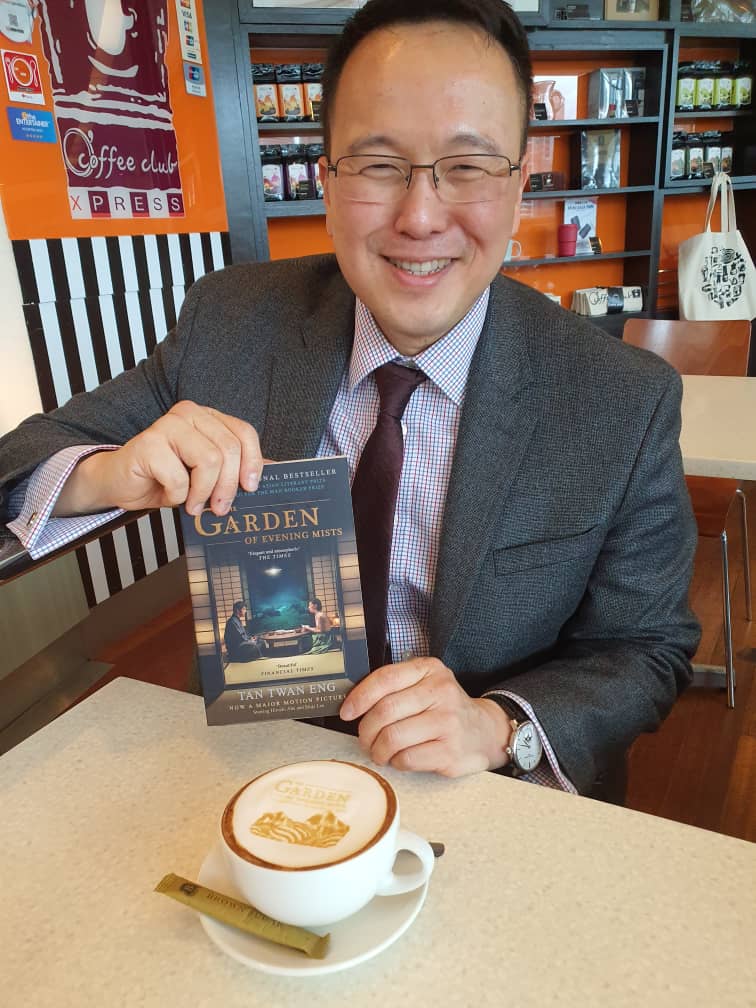
Contrary to his claims of being a ‘boring’ person, we found that the award-winning author is one of those people who are not exactly what you’d expect from their appearances, but have depths that are definitely worth getting to know.
For 12 years, he was obsessed over Japanese martial art Aikido, training every single day which led to his knee cartilage to wear out and to the detriment of his education.
But the time spent on the self-defence art never stopped him from devoting his remaining hours to reading, a favourite pasttime since he was a child.
When Twan Eng says he read a book cover to cover, he probably means it literally. As a child, he used to read even the first few pages of a book where all the information about copyright, publisher and other technicalities are mentioned, as well as the acknowledgement pages.
Admitting that he wanted to be a writer even as a child, Twan Eng said that he used to learn everything about the publishing industry. Reading the acknowledgement page helped him find out the names of literary agents whom he may want to contact when he was ready to be published.
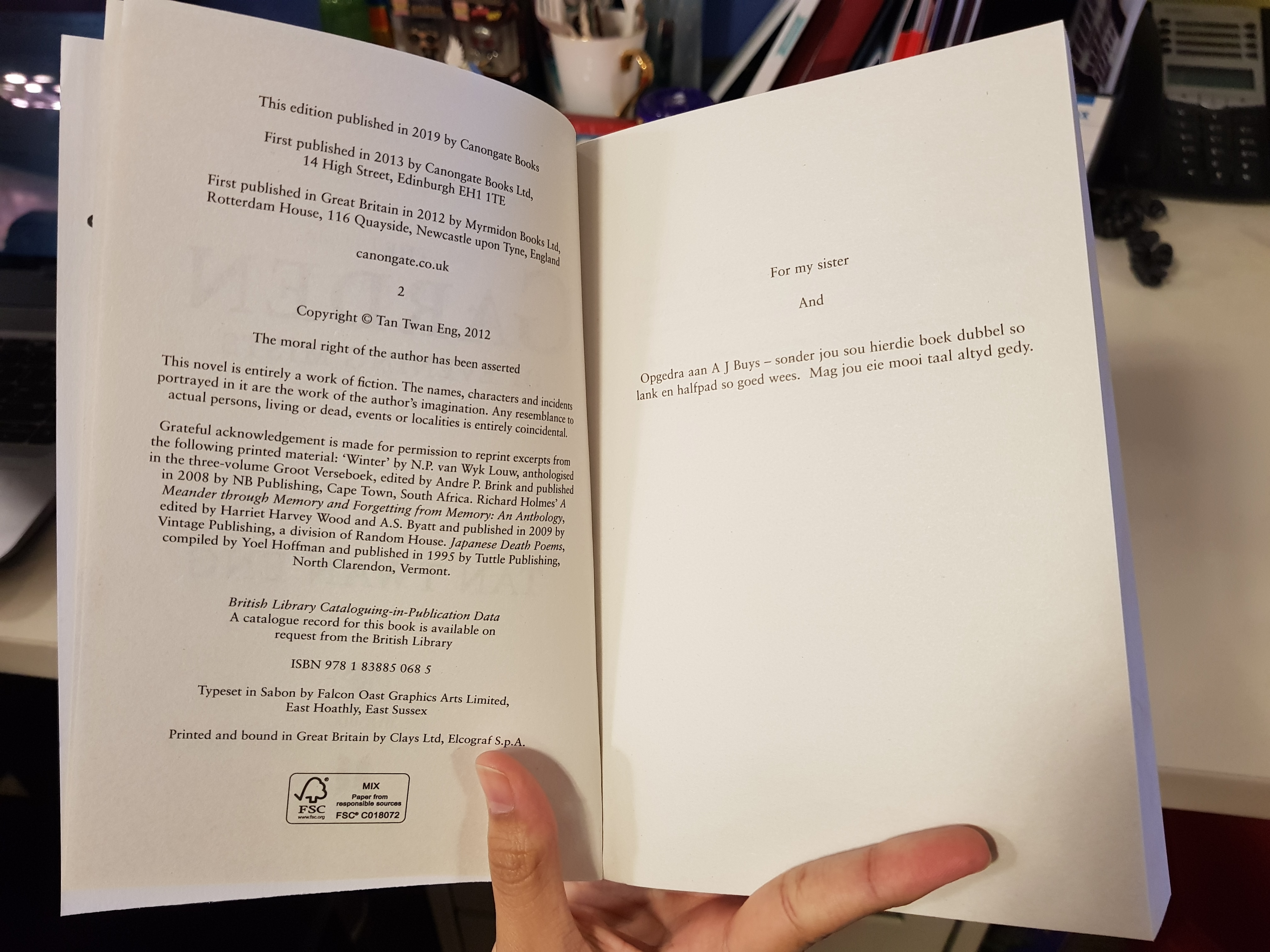
He finally got down to serious writing when he was doing his Masters in South Africa (where he’s been living for the past 20 years or so) and had his first book ‘The Gift of Rain’ published in 2007, which caught the attention of book lovers and critics alike.
His second book, ‘The Garden of Evening Mists,’ was published in 2012 and went on to win the Man Asian Literary Award, the Walter Scott Prize for Historical Fiction, and was even shortlisted for the Man Booker Prize.
It has also been adapted into a movie with the same title, set to be released in Malaysia on 16 January 2020.
We were lucky to have caught him while he’s in Malaysia, promoting the movie starring Malaysian actress Lee Sinje, Japanese actor Hiroshi Abe, Taiwanese actress Sylvia Chang, English actor David Oakes and more.
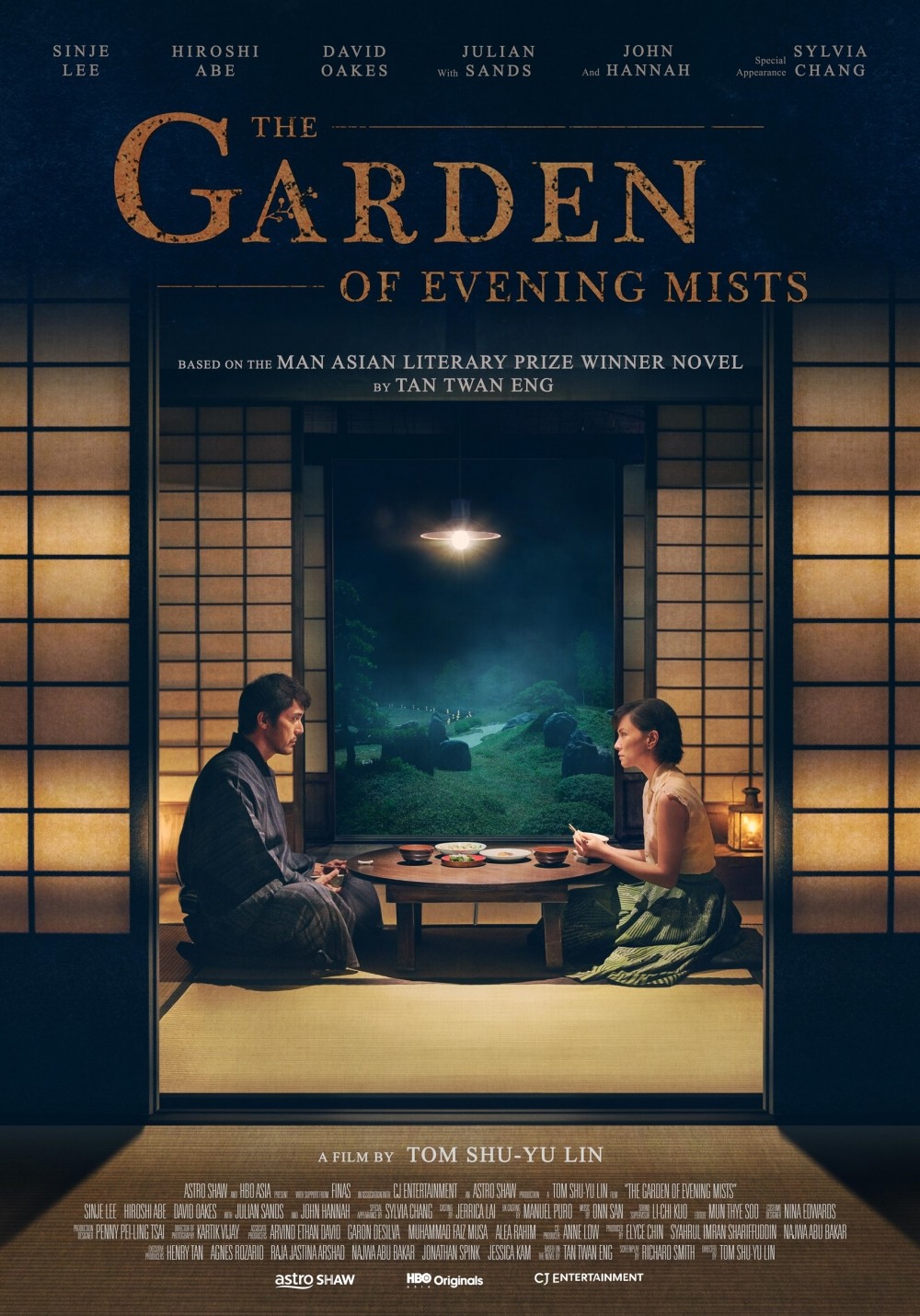 Here are some of the things he shared with us:
Here are some of the things he shared with us:
RD: First things first; what’s the meaning behind the title of the book?
That was the easiest thing about the book. The title just came to me. I’m sad to say that was the only easy thing about writing the book.
The name ‘Yugiri’ is actually the name of the character in supposedly the oldest novel in the world, a Japanese novel titled ‘The Tale of Genji’. Yugiri is one of the minor characters in the book.
When I saw the name and what it meant, 'evening mists', I thought it was a very poetic name, a very girly name for a guy but doesn’t matter, and because I set it in Cameron Highland, it’s very misty there, I thought, 'oh, it fit very well lah. Then I had the title and argh, I then had to write the book.
RD: What inspired you to write ‘The Garden of Evening Mists?
After my first novel, I wanted to continue writing about the Malayan history - before and after the first World War.
My first book was set during the war, so for the next, I thought, 'OK, let’s progress to after the World War'.
Since the hero in my first book was a man, I wanted to write my second book from the viewpoint of a woman.
RD: Was it difficult to write from a woman’s perspective?
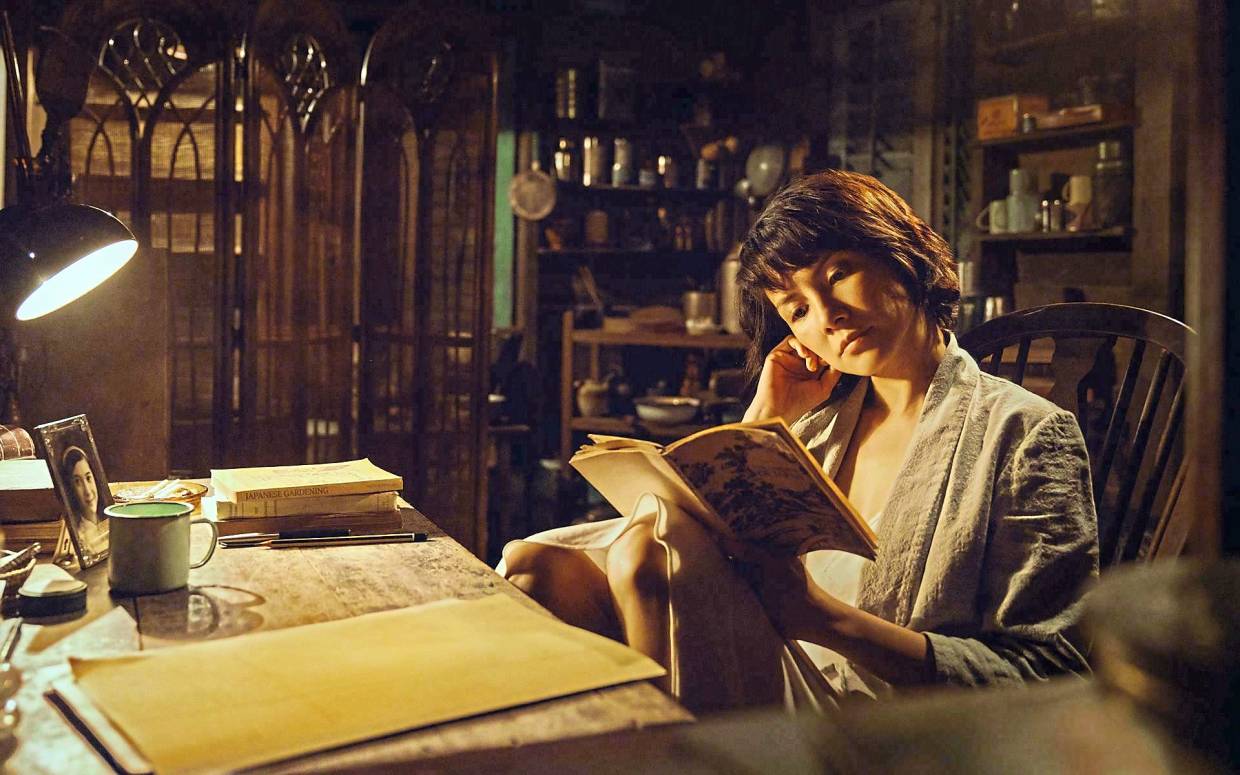 In the beginning, yes. Very, very hard. Because when I was writing the first book, I was so deep into the main character - he was a guy - then after that, the second book, you have to switch.
In the beginning, yes. Very, very hard. Because when I was writing the first book, I was so deep into the main character - he was a guy - then after that, the second book, you have to switch.
I had advice from some of the older writers I met. This woman writer said: 'It’s very easy, you imagine what’s in her handbag and you start with that'.
In the beginning, I had no idea lah what you guys keep in your handbags. It’s so big. What you keep inside? Kunci lah, teddy bear lah. I don’t know what.
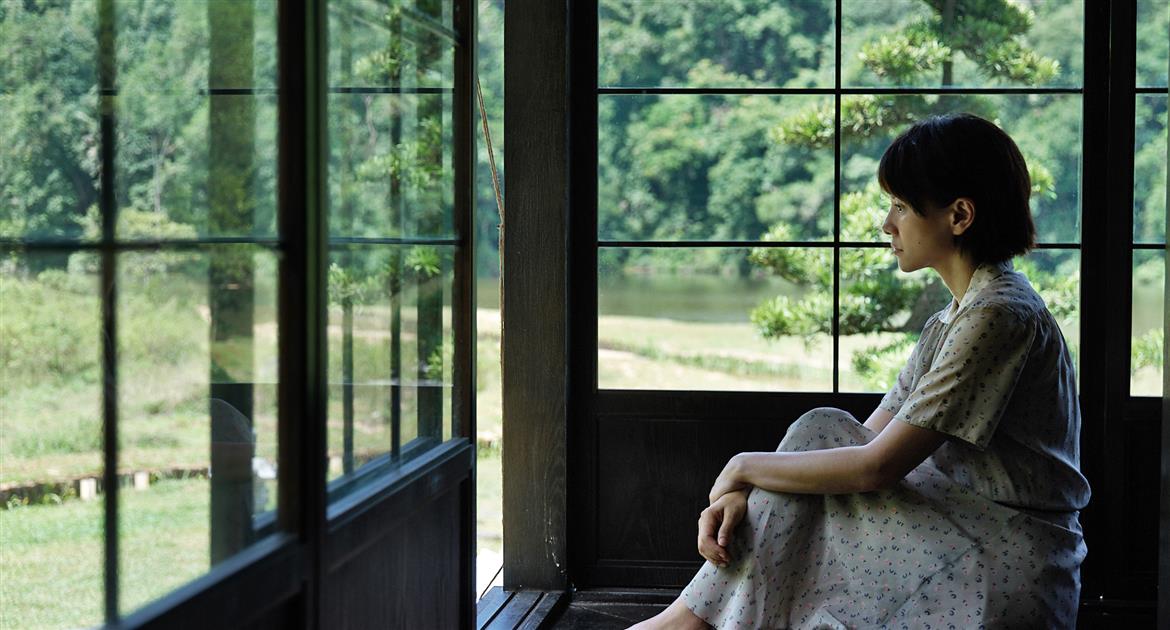
So, first step, I had to imagine. Because the main character is a judge...what’s in a judge’s handbag wouldn’t be the same as a receptionist’s handbag. So, I had to think about these little things to build the character.
Another important thing was what was in her wardrobe. So you have to sit there and think what would a female judge wear. It was very difficult.
But after writing for about one third of the book, I started to see her more as a human being. It didn’t matter whether she was a male or female.
From there, it became easier lah.
RD: What is your routine like when it comes to writing?
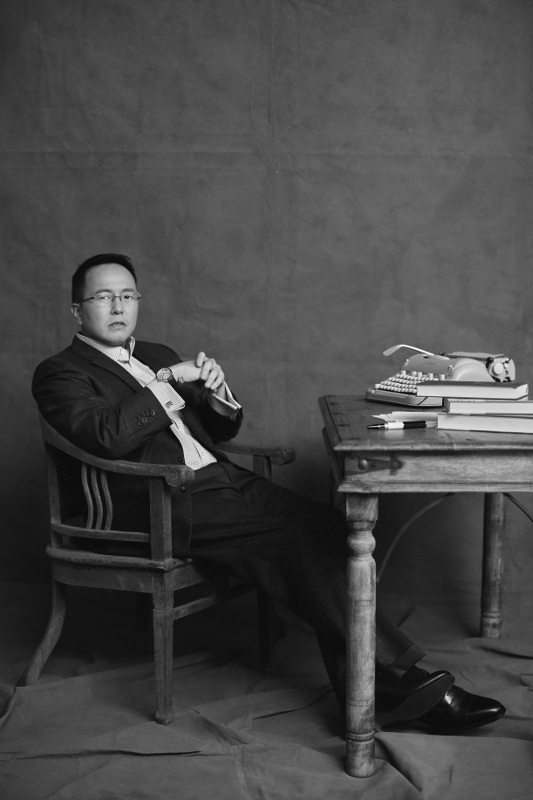
I take this as an office job, so I keep office hours. I go to the gym at 8am, have breakfast quickly, and by 9-9.30am, I start writing.
I’m always properly dressed. Not like this, but not in sleeping clothes or shorts. I treat it as an office job.
You have to tell yourself that you’re working. If I’m in pajamas, you become very sloppy. If you’re sloppy, your thoughts are also not sharp enough.
RD: Both your books deals with Malayan history. Is there a reason for that?
Up to then, in our history, that was the biggest disruptive event. We were all happily living in peace and then suddenly, somebody is invading us, and then you have to start learning Japanese, you have to learn their culture, if you don’t bow deep enough they just beat you up. It was very traumatic lah.
It’s such a huge event and I’m surprised not many more Malaysian writers want to write about that period.
I’m fascinated by how things changed. When the second World War ended, it raised a lot of conscience among Malayans to demand for independence. Nak Merdeka. The call for Merdeka was that we suddenly became aware during the Japanese occupation that the white people weren’t invincible, they can lose.
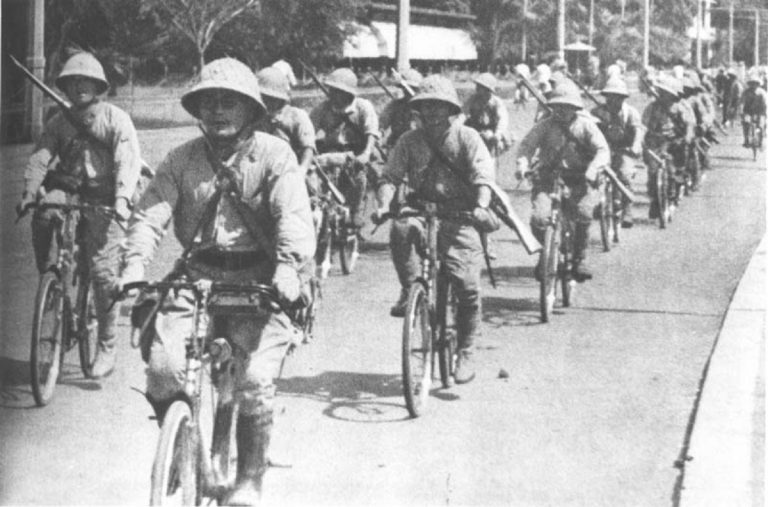
And that we can fight. I think it was an awakening for all Malayans at the time that we have to be governed by ourselves. And it was not just happening Malaya. If you look at history, all across Southeast Asia, India, Burma, Indonesia - all wanted to be free.
The second World War was the hinge that changed the tide.
RD: Is there someone you give your drafts to for critique?
I have a friend, I trust his judgement, he’s a retired judge and he’s very literary as well. When he doesn’t like something, he can tell you why. And I hate doing it because he’s very brutally honest as well.
He’ll tell me, 'This is the most boring thing I’ve ever read, or this is ridiculous, or this is rubbish'. You can’t write this… the whole manuscript will be filled with his notes. If he likes it, then he’ll circle it and say 'good'. But it’s very rare lah the good, but you know it’s good when you see it lah. It’s important for all writers to have. Somebody to tell you this is ‘sampah ni'. (Laughs)
RD: Where does your interest in history stem from?
Not when I was in the government secondary school because the teaching there was...the history teacher just made us memorise the important days. They didn’t tell stories. It was very boring.
Only in A-levels... I was lucky that my parents could afford to send me to a private college, that the history lecturer there was very good. She really raised the interest of history because she treated it like a story.
She was more interested in why it happened and how it happened and the effects, rather than when it happened.
Another aspect is that I have always been reading since I was a small boy. The interest in reading has always been there and that helped. After all, history is also just stories as well.
RD: Was historical fiction your favourite genre growing up then?
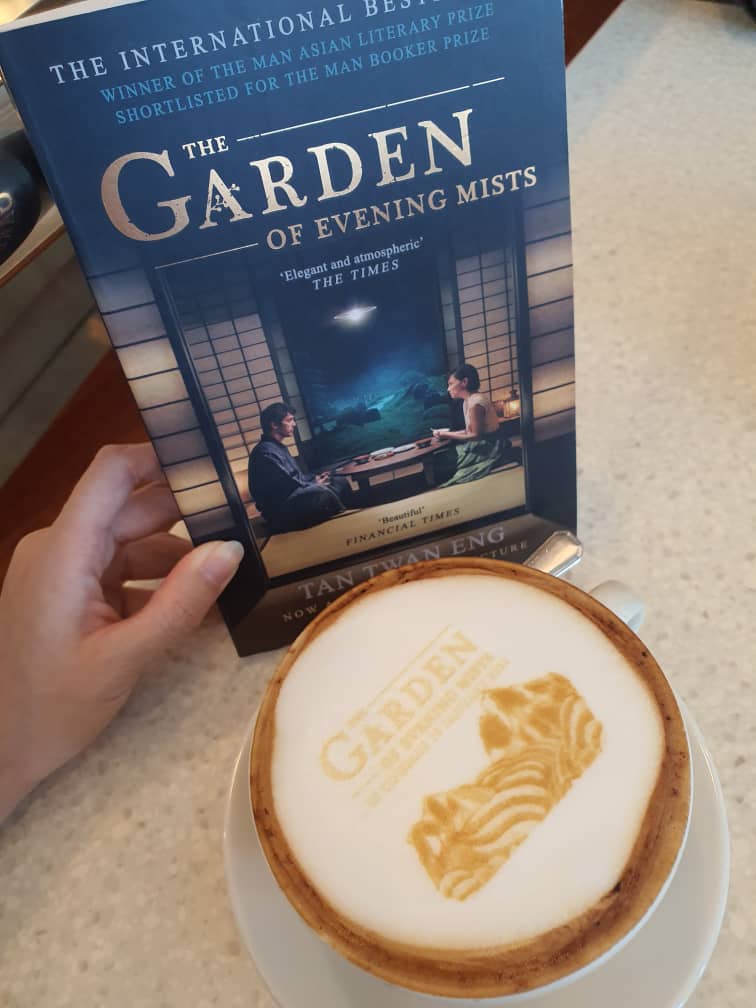 No, not really. I read all sorts of books, but I’m not sure why so far I’ve only written historical fiction. I don’t know why.
No, not really. I read all sorts of books, but I’m not sure why so far I’ve only written historical fiction. I don’t know why.
I tried writing modern-day novel, but there were no ideas. So many writers are writing about modern day Malaysia anyway and they’re doing it much better than me, so tak perlu bersaing dengan mereka lah (don't need to compete with them).
RD: What is your writing process like? Do you start with a plot or a character?
I start with the character. Yun Ling’s character, one day, just appeared. I saw this woman and I knew she was a survivor of the POW camp. Then you start wondering what’s her background, what brought her here, then you just construct, construct, construct.
The problem was when you build one character, you have to create other characters around, because otherwise it’ll be a one woman play.
So, for a very long time, I had no idea what she was gonna interact with and then I was at a party in Johannesburg and I was introduced to a guy who was the actual gardener to the emperor of Japan.
He had been hired to build a Japanese garden for a family there and I saw that this character is very interesting, his job description was very interesting and from there, you have this idea and you start building.
RD: What would you say are the differences between the movie and the book?
In the film, there are many changes because the story is very complex. So the script writer and the director focused on the two main characters - Teoh Yun Ling, the judge, and the Japanese gardener - and they sort of emphasised on the love story between the characters, whereas in my book it’s not really a love story.
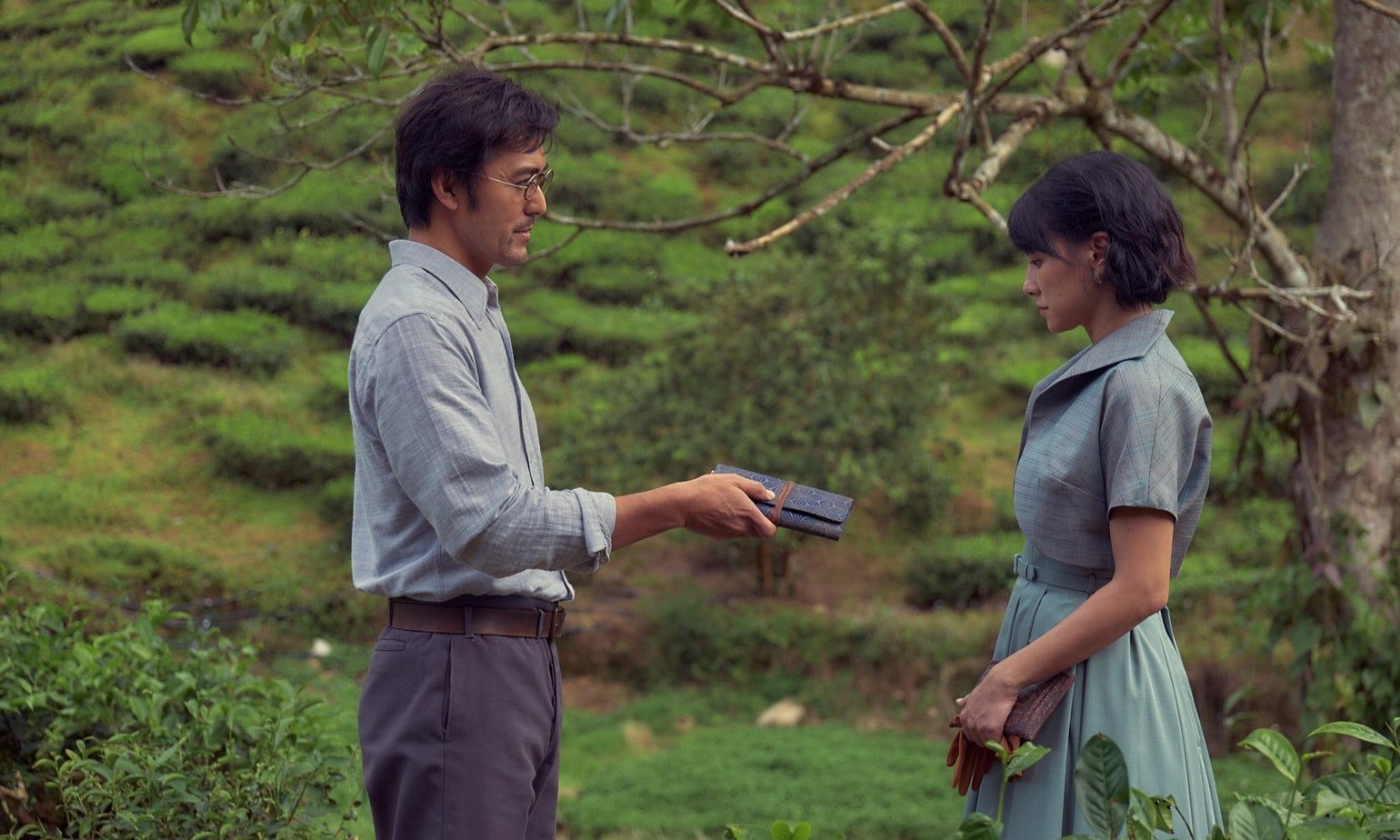 It’s more...I don’t know what it is but it’s more about memory, history, trauma of war... she was a prisoner of war during the Japanese Occupation and healing, but in the film...you have to lah [make it a forbidden love story], because nobody is going to sit for two hours and watch how a woman comes to terms with life, so...
It’s more...I don’t know what it is but it’s more about memory, history, trauma of war... she was a prisoner of war during the Japanese Occupation and healing, but in the film...you have to lah [make it a forbidden love story], because nobody is going to sit for two hours and watch how a woman comes to terms with life, so...
I understand that novels and films are different… different creatures so I cannot expect the two to be the same. They call it adaptation, not duplication. If it’s a duplication, then yeah.
RD: So, did you like the movie adaptation?
Yes, very much. I was very relieved. They sent me a link to watch it online. The first five or 10 mins I was like, 'uhh', but after that I started to relax because it was very obvious from the first scene that it was a very high-quality film. The cinematography was really beautiful. Cameron Highlands really looked beautiful.
RD: Did you have any say in the writing of the script?
I had no say in it. (Laughs) I wouldn’t say I wish I had a say in it because I’m too close to the book, so whatever decisions I make or whatever choices I want, will be prejudiced lah because I love my book, so cannot change this, or edit that… everything has to be in.
That wouldn’t have been a very good film, it would have been too messy. I accepted that.
The only thing I asked Astro right from the beginning was that...if this film is going to be awful and teruk (horrible), please make it look expensive and beautiful up on the screen even if it is terrible.
But it is not a terrible film and it looks very beautiful, so I’m very glad about that.
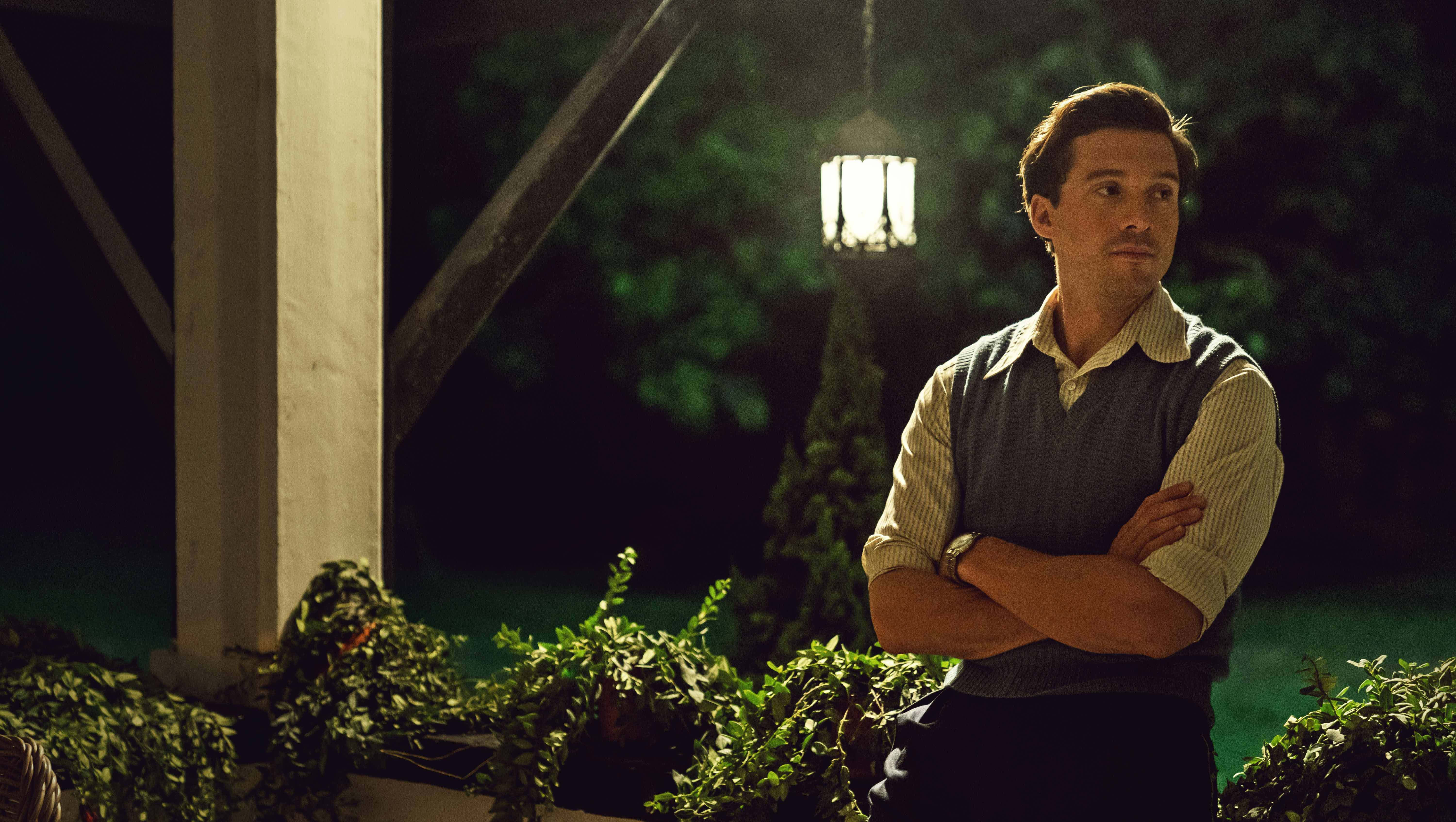 That’s the only thing I said… nothing worse than looking at a cheap film. Ask Michel Bay, all his movies are awful but so beautiful and glossy, you know. (Laughs)
That’s the only thing I said… nothing worse than looking at a cheap film. Ask Michel Bay, all his movies are awful but so beautiful and glossy, you know. (Laughs)
RD: Do you think the actors in ‘The Garden of Evening Mists’ did justice to your book?
I think they (the actors) managed to bring to life the characters I wrote. Especially the female characters.
They are very strong in the film and it is a very feminist movie, I realised. I was quite surprised when I watched it. The women outshone the men, actually, in the film. Very strong characters and very strong performance as well.
_1.jpg) The production is so diverse as well. Nobody really remarks on it. In this day and age people speak a lot about diversity and here we have this film where you have cast and production members from all over the world.
The production is so diverse as well. Nobody really remarks on it. In this day and age people speak a lot about diversity and here we have this film where you have cast and production members from all over the world.
At one stage, the director said they were speaking eight languages on the set.
ALSO READ:
Beauty Queen Serene Lim Relishes The Challenge Of Playing A Tough Role In 'TGOEM'
RD: Is there more pressure for you now, after winning several awards?
_1.jpg)
There’s only pressure in the sense that I don’t want to write a book where the standard of the language is only average. I’m very fussy about that. It’s very hard because we always fall into the cliche description when we’re writing so I really have to keep an eye out for things like that.
It’s not from the awards but just myself. Each book must be better than the previous one, but the problem is each book gets harder and harder to write. They used to tell me the first book is the easiest to write and the second is the hardest but they were wrong because the third was the hardest.
You don’t want to repeat yourself. Writing a literary novel is not like writing a detective novel where you have a formula you can just throw it on. The first book, I used up all the water in the well, and to write the second book, you have to fill up the well again and that’s the case with every book.
When the well runs dry and you hope the water starts filling up again. Sometimes the well takes really long to refill.
.jpg) If you have a copy of Tan Twan Eng’s book you’d like signed or get a new one, head over to MPH Nu Sentral or Borders at The Curve on 12 January, Times Bookstore at Pavilion KL on 18 January or Popular Bookstore in Sunway Pyramid and Lit Books on 19 January.
If you have a copy of Tan Twan Eng’s book you’d like signed or get a new one, head over to MPH Nu Sentral or Borders at The Curve on 12 January, Times Bookstore at Pavilion KL on 18 January or Popular Bookstore in Sunway Pyramid and Lit Books on 19 January.
Alternatively, you could also win an autographed copy of the book from us. Click here to find out how.
Also, don’t forget to catch the movie adaptation of ‘The Garden of Evening Mists’ in cinemas near you beginning 16 January 2020.
It is a movie unlike other Malaysian productions and definitely worth a watch.






